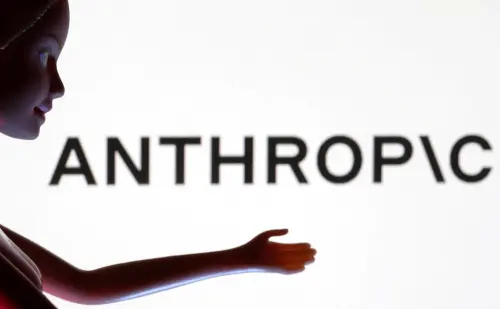Artificial intelligence company Anthropic successfully persuaded a California federal judge to deny a preliminary motion aimed at preventing it from using lyrics owned by Universal Music Group and other publishers to train its AI-powered chatbot, Claude.
U.S. District Judge Eumi Lee described the publishers' request as overly broad and noted that they did not demonstrate that Anthropic's actions caused them "irreparable harm."
The publishers expressed confidence in their case against Anthropic. Meanwhile, an Anthropic spokesperson stated that the company was pleased the court dismissed the publishers' "disruptive and amorphous request."
The lawsuit, filed by music publishers UMG, Concord, and ABKCO, claims that Anthropic infringed their copyrights by using lyrics from over 500 songs by artists such as Beyoncé, the Rolling Stones, and the Beach Boys without permission to train Claude to respond to human prompts.
This case is part of a broader legal landscape involving allegations that copyrighted materials from authors, news outlets, visual artists, and others have been misappropriated in the development of AI products without consent or compensation.
Tech companies, including OpenAI, Microsoft, and Meta Platforms, have defended their practices, asserting that their systems utilize copyrighted material under the principle of "fair use" as defined by U.S. copyright law to learn and create new, transformative content.
While fair use is likely to be a central issue in these lawsuits, Judge Lee's ruling did not specifically address it. She rejected the publishers' argument that Anthropic's use of their lyrics harmed their licensing market, stating that the publishers were effectively asking the court to establish the parameters of a licensing market for AI training in a context where the question of fair use remains unresolved.
